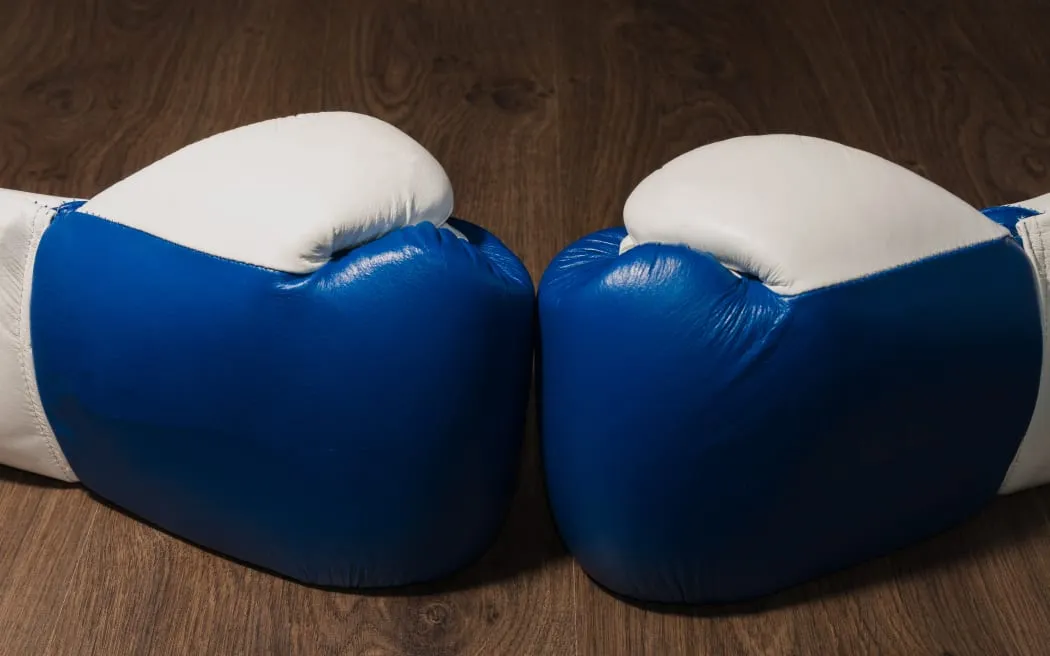Fiji’s Fierce Fighting Culture: A Call for Safety
The recent death of Fijian boxer Ubayd Haider has sent shockwaves through the boxing community in Fiji, highlighting the need for tougher measures to protect the sport’s athletes. As the investigation into his death continues, officials are calling for greater safety protocols to be implemented, and we examine what led up to this tragic event.
The Tragic Death of Ubayd Haider
Ubayd Haider, also known as Nathan Singh, collapsed during a fight in Nadi in October and passed away shortly after. His death has sparked outrage among boxing officials, who are now demanding greater safety measures to be put in place. The 30-year-old was a promising young boxer with a bright future ahead of him.
Haider’s death is not an isolated incident, however. A report from Liverpool Hospital revealed that the boxer had been admitted two years prior to his death, suffering from possible subdural haemorrhage after sparring sessions in Sydney. This revelation has raised questions about how such incidents can be prevented in the future.
Calls for Action
Sydney-based boxing trainer Lepani Wilson is calling for greater safety protocols to be implemented in Fiji’s boxing scene. “That should always be top priority,” he said. “In our day, we worked hard to make sure safety was always the focus.” Wilson believes that if money had been secondary to promoters and officials, Haider would still be alive today.
Former national amateur rep and Suva-based boxing official Setoki Mafi agrees with Wilson, stating that the Boxing Commission of Fiji (BCF) should have reps on site at all times, checking for any signs of potential safety issues. “What happened could have been avoided if the safety aspect was taken seriously,” he said.
Jeremaia Tadu, a former Fiji middleweight champion, has also called for tougher measures to be put in place. The referee should have stopped the fight immediately if Haider had not defended himself after four or five punches had landed, Tadu argued. “The BCF directors need to put in place tough measures so there is not a repeat of such fatal incidents.”
Local promoter Freddy Chand has also faced questions about his decision to allow Haider to compete despite knowing about the Sydney incident. When asked why he did so, Chand replied, “Simple answer, why did his family and the commission allow him to fight.”
The Investigation Continues
The Commission of Inquiry set up to investigate Haider’s death has confirmed that they will be interviewing persons of interest overseas. Minister for Sports, Saukuru, revealed that the investigation is nearing its conclusion but refused to disclose any further details.
As the investigation continues, one thing is clear: Fiji’s boxing community must take greater responsibility for ensuring the safety of its athletes. The recent death of Ubayd Haider serves as a grim reminder that we can do better, and it’s time for action.
A Lesson in Safety
Fiji’s boxing culture has long been associated with high-energy fights and passionate fans. However, this culture must be balanced with the need for safety measures to protect athletes. As Setoki Mafi so aptly put it, “The Commission should have reps there, checking, making sure everything is 100 percent to go and if they see that there are signs things may not be okay then stop boxers from fighting or if they are fighting already, stop the fight.”
In conclusion, Fiji’s boxing community must take a hard look at its safety protocols. We owe it to athletes like Ubayd Haider to ensure their safety and well-being. The recent incident is a wake-up call for us all, and we hope that it will lead to positive change in the future of Fiji’s boxing scene.

0 Comments